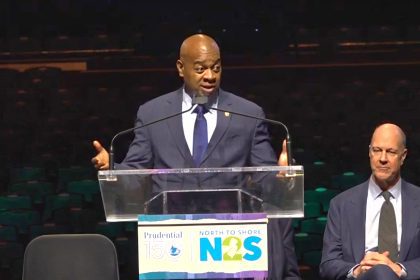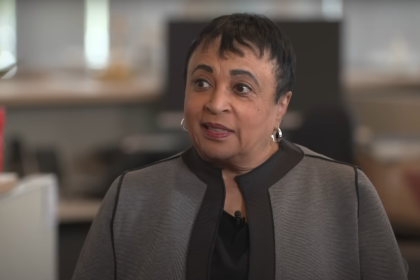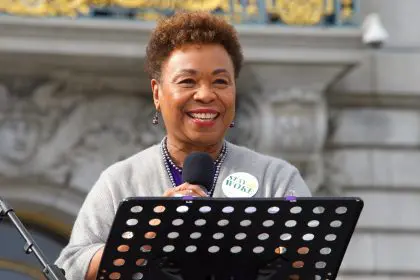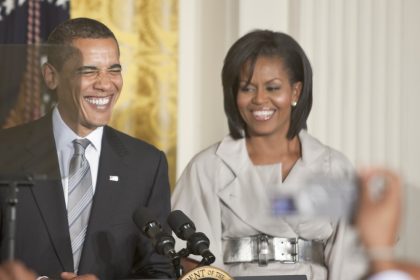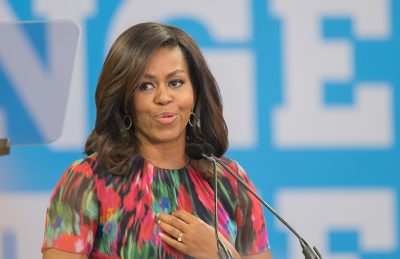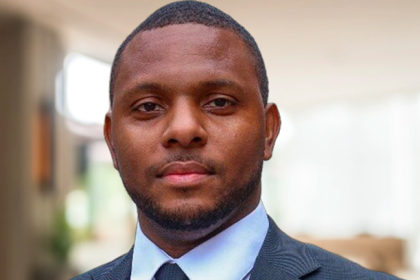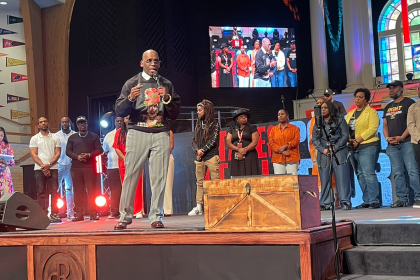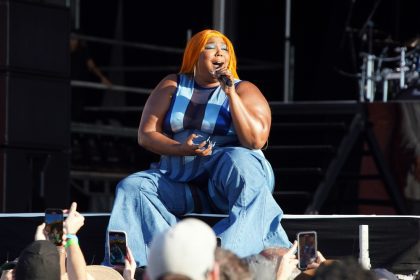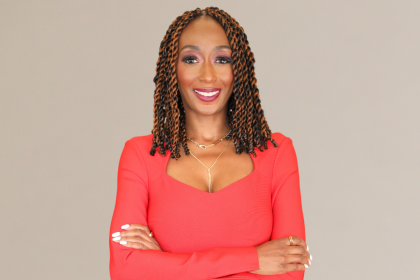There appears to be a war on young black males. High school graduations rates are low while prison rates among young black males remain high.
Along with high incarceration and poor education, young black males are also more prone to be victims of violence.
On Feb. 27, President Barack Obama announced the “My Brother’s Keeper Initiative” that will attempt to solve some of the issues that black males in low-income communities face.
Obama, who rarely discusses specific issues affecting the black community, was forceful in his remarks about the plight of black boys and men.
“The plain fact is there are some Americans who, in the aggregate, are consistently doing worse in our society,” Obama said. “Groups that have had the odds stacked against them in unique ways that require unique solutions; groups who’ve seen fewer opportunities that have spanned generations. And by almost every measure, the group that is facing some of the most severe challenges in the 21st century in this country are boys and young men of color.”
Obama revealed the starting statistics that often serve as beginning point to the downward trajectory of young black males.
“If you’re African American, there’s about a one in two chance you grow up without a father in your house — one in two,” Obama said. “We know that boys who grow up without a father are more likely to be poor, more likely to underperform in school.”
The president also pointed out the fact that most Americans have ignored the problems that young blacks face while accepting it as the norm.
“The worst part is we’ve become numb to these statistics,” he said. “We’re not surprised by them. We take them as the norm. We just assume this is an inevitable part of American life, instead of the outrage that it is.”
The president also touched on the untimely deaths of Trayvon Martin and Jordan Davis as their parents listened from the audience.
Along with Martin and Davis’ parents, Obama was joined by Magic Johnson, Al Sharpton, John Lewis, Bill O’Reilly and Michael Bloomberg.
Obama noted that $200 million in funding will be donated from the private sector and begin with mentoring programs in distressed neighborhoods.
“We’ve got to give more of these young men access to mentors,” he said. “We’ve got to continue to encourage responsible fatherhood. We’ve got to provide more pathways to apply to college or find a job. We can keep them from falling through the cracks, and help them lay a foundation for a career and a family and a better life.”


